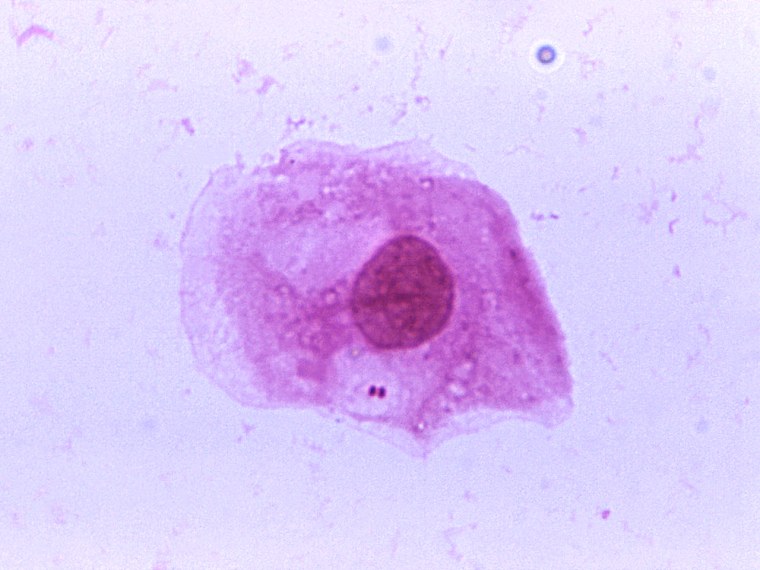Federal health officials said Monday they are finishing up the final paperwork needed to import a European vaccine to fight an outbreak of meningitis on the Princeton University campus.
But they said no one needs to change travel plans for the Thanksgiving holidays because of the outbreaks at Princeton and at the University of California, Santa Barbara.
While it’s unusual to have two college-based outbreaks at the same time, there isn’t an unusually high number of meningitis cases and the infection doesn’t spread easily, says Dr. Amanda Cohn of the Centers for Disease Control and Prevention.
What’s important, Cohn says, is that anyone with links to either campus be especially aware of the symptoms of meningitis — a rapid onset of high fever, with a severe headache and very stiff neck, and perhaps a rash.
“CDC doesn’t recommend changing travel plans or reducing social exposure,” Cohn told reporters in a telephone briefing.
It’s unusual for a meningitis outbreak to spread from a college campus to the community, Cohn said. The bacteria that cause the illness don’t spread as easily as the viruses that cause colds or flu. “These bacteria are not spread by casual contact like being in same room as someone who is sick or handling items (that they have touched),” she added.
Meningitis is spread by close contact — kissing, or if people share a room or are in very close contact for an extended period. Teens and young adults are especially vulnerable to the disease because they spend a lot of time together in close quarters such as dorms, coffee shops and bars, with plenty of potential to swap germs.
Meningitis can be caused by bacteria, viruses or fungi, but the dangerous form is caused by the Neisseria meningitidis bacteria. There are vaccines against four of the most common strains in the United States, known as A, C, Y and W. They’re recommended for pre-teens, adolescents and young adults.
The outbreaks at Princeton and UCSB are caused by another strain, called meningitis B. Princeton has seven confirmed cases and one suspected case, while UCSB has 3 cases. They are both strain B but carry different genetic fingerprints, indicating they are not related, Cohn says.
Novartis, which makes the meningitis B vaccine, is working on a vaccine that’ll get all the strains of meningitis into one shot. It's not clear when the company would seek approval for that new vaccine.
Meningitis is an inflammation of the meninges — the membranes that surround the brain and spinal cord. It can kill between 10 and 15 percent of cases, and can cause long-term or lifetime damage to survivors, including deafness, brain damage or the loss of limbs. There are about 500 cases a year in the U.S.
Bacterial meningitis infections spread quietly because most people who carry N. meningiditis in their throats don’t get sick. About 10 percent of the population are carriers, CDC says.
New Jersey requires all students at four-year universities who live in a dormitory get the vaccine, and Cohn says Princeton has a very high rate of vaccination.
The U.S. Food and Drug Administration has approved the import of the European vaccine for use in the Princeton outbreak. Final agreements are being worked out, Cohn says — including paperwork that makes clear students understand they are getting a vaccine not approved in the U.S., although it’s been shown to be safe in Europe and is on its way to U.S. approval.
On Thursday, officials at Monmouth University in West Long Branch New Jersey reported that an employee there was "gravely ill" and hospitalized with meningitis. Cohn said it’s not yet clear if the employee has the B strain.
· Follow NBCNewsHealth on Facebook and on Twitter
· Follow Maggie Fox on Facebook and on Twitter
